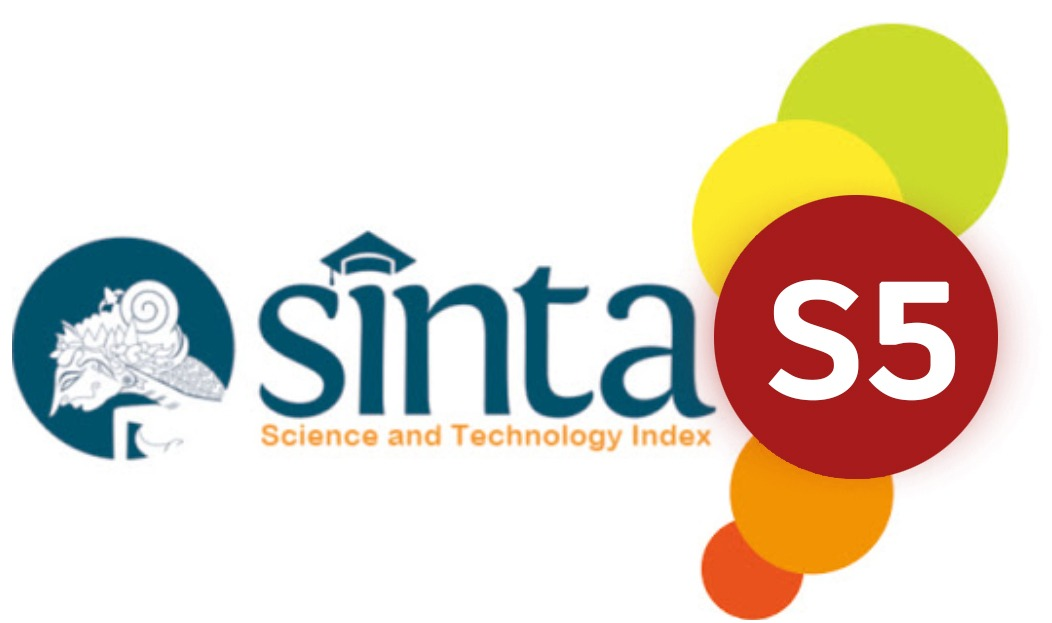Analisis Sistem Dukungan Keluarga terhadap Warga Lanjut Usia di Jepang
Abstract
Keywords
References
Transfers†in Hermalin, Albert (ed.). The Wellbeing of Elderly in Asia: A Four Country Comparative Study (pp. 185-222). Ann Arbor: The University of Michigan Press
Cabinet Office Japan. (2019). Annual Report of Ageing Society (English ver.). Retreived from https://www8.cao.go.jp/kourei/whitepaper/w-2019/zenbun/01pdf_index.html
Coulmas, F. (2007). Population Decline and Ageing in Japan: The Social Consequences. New York: Routledge
Dahl, N. (2020). Governing Through Kodoku-shi: Japans Lonely Death and Their Impact on Community Self Government. Contemporary Kapan, vol. 32, no. 1, 83-102
Iskandar, K. (2019). Japan Aging Issues, Long Term Care Insurance (LTCI) and The Migration of Indonesian Nurse to Enter Japan Labor Market. Journal of Strategic and Global Studies, 2(2), 18-39.
Intergenerational Transferâ€. (November 10, 2020.). retrieved from https://www.encyclopedia.com/social-sciences/encyclopedias-almanacs-transcripts-and-maps/intergenerational-transfers
Iwasaki, M. et. al. (2002). Social Network and Mortality Based on the Komo-Ise Cohort Study in Japan. International Journal of Epidemiology, 31, 1208-1218
Kumagai, F. (2015). Demographic Changes in Japan.†in Kumagai, F, Family Issues on Marriage, Divorce and Older Adults in Japan (pp. 11-38). Singapore: Springer.
Ministry of Health, Labor and Welfare Japan . (2017). Comprehensive Survey of Living Conditions. Retreived from https://www.mhlw.go.jp/english/database/db-hss/cslc-tables.html
Ministry of Internal Affairs and Communications Statistic Bureau. (2013). Housing and Land Statistic Survey retrieved from Housing and Land Statistic Survey. Retreived from https://www.stat.go.jp/english/data/jyutaku/results.html
Morioka, K. (1995). Generational Relations and Their Changes as They Affect the Status of Older People in Japan†in Hareven, T. K. (Ed.). Aging and generational relations over the life course: A historical and cross-cultural perspective (pp. 511-525). Berlin: De Gruyter
Motonishi, T. (2012). Heterogeneous Elderly Parents and Intergenerational transfers in Japan†in G. De Santis. (ed.). The Family, The Market or the State?: Intergenerational Support Under Pressure in Ageing Societies (pp. 123-137). Berlin: Springer Science & Business Media
Naikakufu. (2016). Koureikashakai Hakusho 2016. Retrieved from https://www8.cao.go.jp/kourei/whitepaper/w-2018/html/zenbun/s1_2_4.html
Nelson, G. M. (1982). Support for The Aged: Public and Private Responsibility. Social Works, vo. 27, no. 2, pp. 137-143
Ogawa, N. et. al. (2010). Japans Unprecedented Aging and Changing Intergenerational Transfers.†In Ito, T. & Rose, A. K. (eds.), The Economic Consequences of Demographic Changes in East Asia. (pp. 131-166). Illinois: University of Chicago Press
Onishi, N. (13 November 2017). A Generation in Japan faces a Lonely Death. The New York Times. Retrieved from https://www.nytimes.com/2017/11/30/world/asia/japan-lonely-deaths-the-end.html
Tachibanaki, T. (2006). Inequality and Poverty in Japan. The Japanese Economic Review,1-27.
DOI: 10.33751/idea.v3i1.3329
Refbacks
- There are currently no refbacks.
Copyright (c) 2021 IDEA : Jurnal Studi Jepang

This work is licensed under a Creative Commons Attribution-ShareAlike 4.0 International License.








